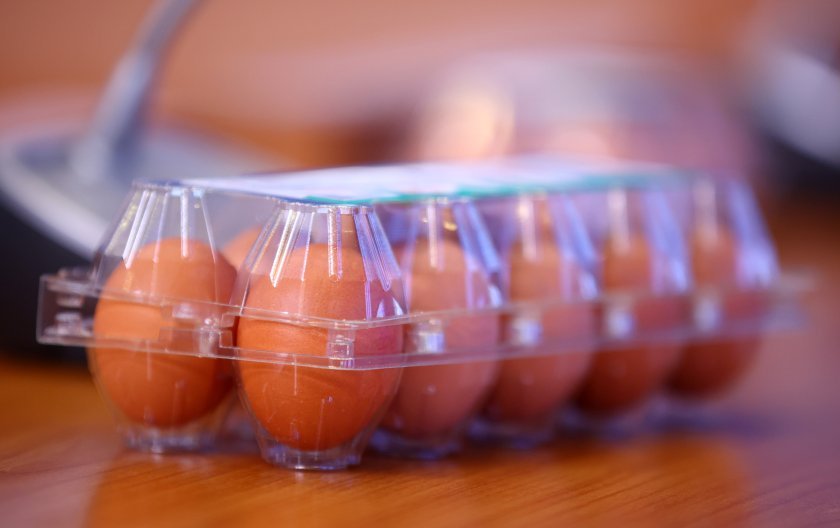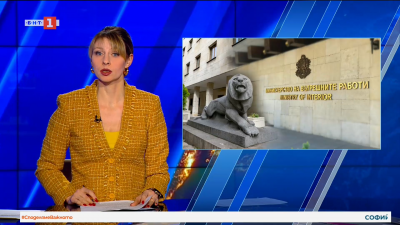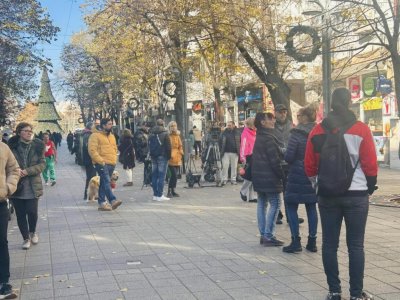Golden Easter eggs – why are they in Bulgaria sold for 50 cents, and in the UK – for 22?

Before Easter, instead of pondering the eternal question – “which came first – the egg or the hen”, we will look for an answer to the question – why did the hens’ eggs become “golden”?
The problem is common to both English and Bulgarians. A quick price comparison shows that Bulgaria is beating the record game. Unfortunately, the 2-0 score on this ground makes us the big losers, not the big winners.
We are compare the prices of eggs of the same size in the same retail chain in England and Bulgaria. 10 L-size eggs cost £1.79 or BGN 3.98 in the UK, or 22 pence per egg. In Bulgaria, the price for a crust with 10 eggs is BGN 4.99 or 50 cents per piece.
Why is it twice as expensive here? The increase in the price of eggs in the UK is due to the shortage of eggs. Local farmers have too high costs and decide to close their farms. In Bulgaria it is the exact opposite – 5 million eggs are produced per day, and consumption is around 3 million. Eggs are available, but as you can see, the price is double that of the UK.
The chairman of the Association of Industrial Poultry Breeders, Daniel Bozhankov, explains the difference in the price of an egg as follows: producers sell at about 32 cents, and the end user pays almost twice as much. In stores, their price reaches 60 cents.
Both in Great Britain and in Bulgaria, farmers complain about high costs for electricity, gas, fuel and feed, bird flu. In Bulgaria, producers are dissatisfied with high markups by traders, in Great Britain – with low ones.
The British Association of Free-range Egg Producers claims it costs at least 35% more to produce them. Only fodder price has risen by 90 percent. They blame the traders for selling their goods only by 27% more compared to last year and are unwilling to change their long-term contracts. So they sell their goods at a loss.
English farmers blame the retail chains because it is cheap.
In Bulgaria, both customers and farmers are dissatisfied with the high prices. In Great Britain they already know what their problems are, in Bulgaria it is still not clear.
The different traditions of Easter, however, presented the English with another, albeit sweet, problem. Instead of painted eggs, there Easter eggs are chocolate. This year they were more expensive but smaller. Stores have come up with a new way for their customers not to feel the markup of at least 25%. The small, medium and large Easter eggs are reduced in size but remain the same price. Economists call it “contraction inflation.” So the crisis also hit the most precious thing for the British – traditions.

Images by BTA
80-90 million chocolate eggs are eaten on the island every year. According to a report by the GWP Group, up to £415m is spent on chocolate Easter eggs in the UK each year.
Eggs in all their forms and flavours seem to be getting more and more expensive. And the “golden” eggs are no longer only in fairy tales, but on store shelves.
Get the latest news wherever you are!
Follow us on
Facebook
and
Instagram
Follow BNT’s YouTube channel
You can now also watch us on
TikTok
Find us on
Google News























